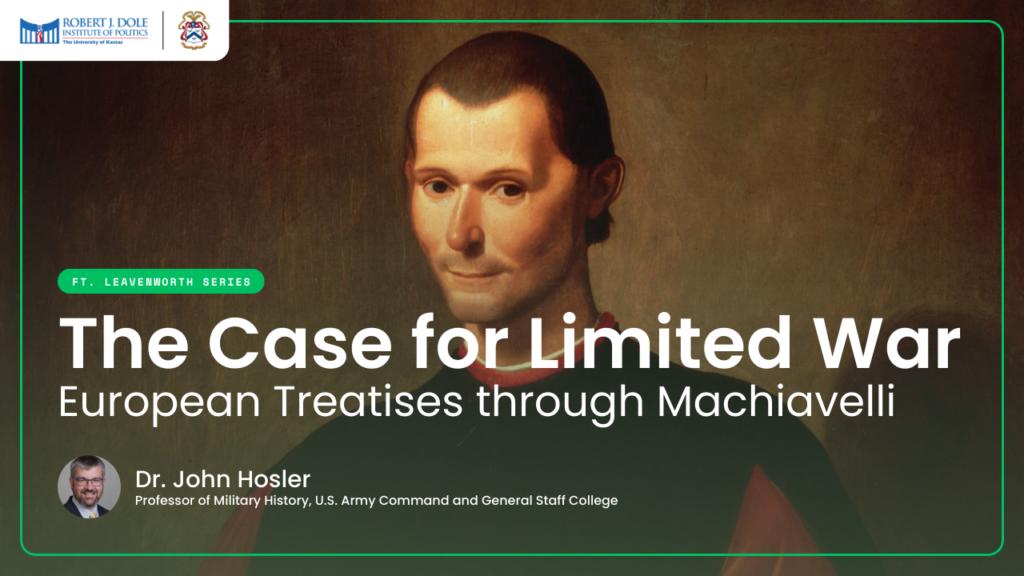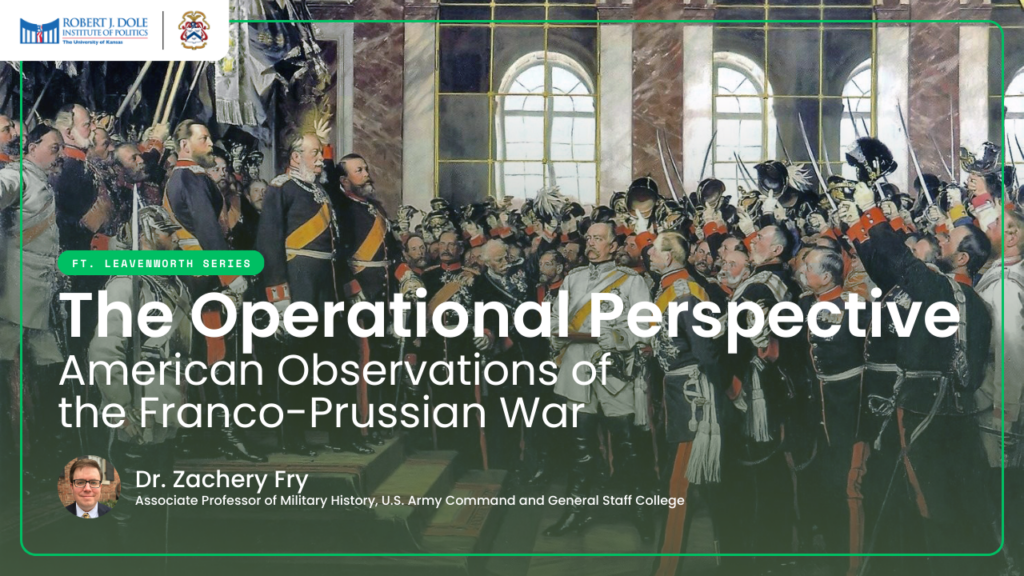
- This event has passed.
The War of the Fifth Coalition, 1809
January 9, 2020 @ 12:00 am
Convention says that Napoleon’s downfall came as a result of his misadventures in Spain, starting in 1808, and his disastrous invasion of Russia in 1812. While both undoubtedly contributed to his ultimate defeat, the War of the Fifth Coalition in 1809 was Napoleon’s turning point. It saw his first undisputed battlefield defeat at Aspern-Essling and marked the demonstrable degeneration of both his armies and his own abilities. It ended with the humiliation of his most inveterate enemy, Austria, and the extension of French power into Eastern Europe, which angered Russia. It also witnessed a personal turning point for Napoleon, as he set aside his first wife in favor of a dynastic marriage to a Habsburg princess, Marie-Louise. However, because of his victory in the war and the drama of events in Spain and Russia, these changes are often elided or outright forgotten in the thread of Napoleon’s story. This talk will argue that 1809, more than any other Napoleonic campaign or conflict, was the turning point in his reign.
Dr. Jonathan Abel is an Assistant Professor of Military History at the US Army Command and General Staff College Department of Military History. He received his PhD from the Military History Center at the University of North Texas in 2014, studying late eighteenth-century and Napoleonic France. He is the author of Guibert: Father of Napoleon’s Grande Armée, along with other publications.


